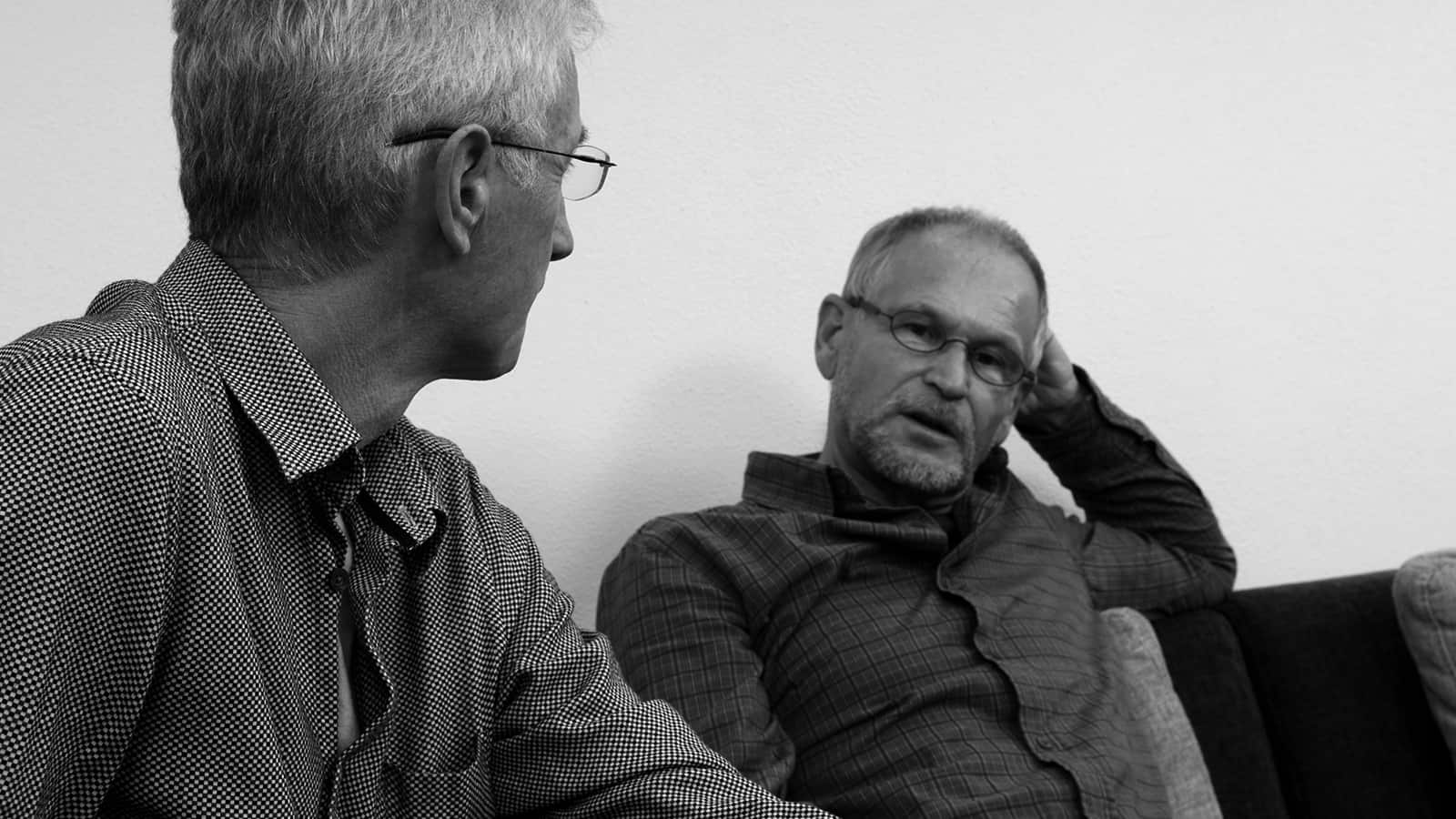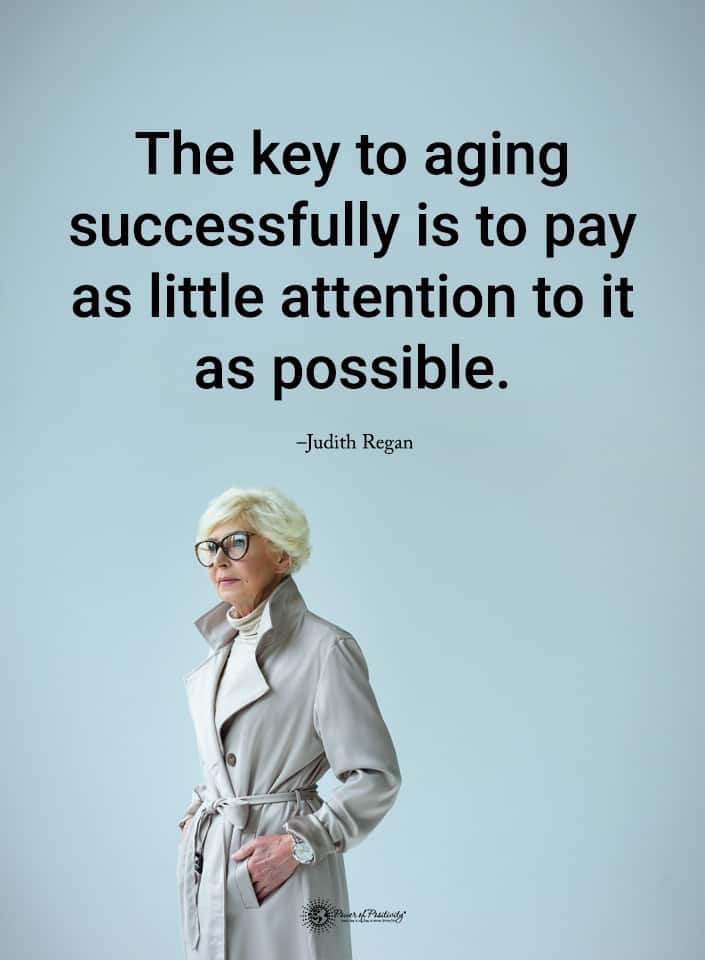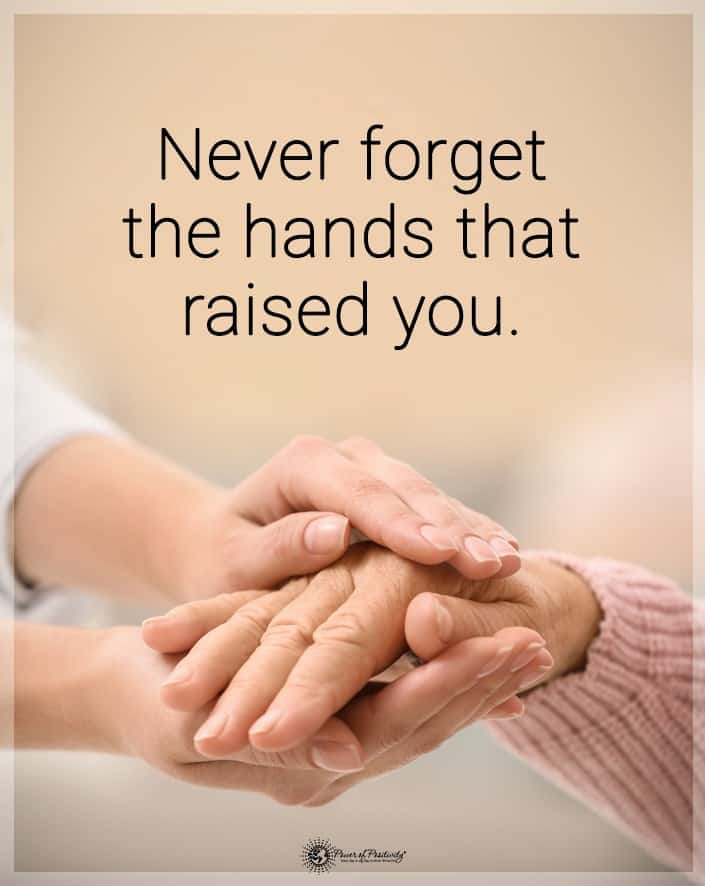Researchers have figured out why people become more honest and lose their filter later in life. You may have noticed that your grandparents or other elders seem to say whatever comes to mind.
For example, your grandpa might say he doesn’t like your cooking, or your grandma may comment on your weight. They’re not trying to be rude; they tend to blurt out their thoughts impulsively.
Even if they make slightly offensive comments, we usually chalk it to our grandparents losing their filters as they age. This rationale makes it easier to laugh things off and not take what they say personally.
When someone lacks a filter, it means they’re straightforward when talking to people. They may say things without thinking or considering who they’re speaking with. Sometimes their comments may seem rude, harsh, or disrespectful because they have lost the ability to read social cues.
It’s also worth noting that the elderly tend to have fewer social interactions in general. They may forget how to interact as they often don’t converse with people. For most of us, we have to filter our thoughts every day depending on the social situations.
For instance, you wouldn’t speak to your boss the same way you talk with your spouse. Interactions with your boss probably remain formal and businesslike, whereas you can relax more around your significant other. We all use filters subconsciously to adhere to socially acceptable rules and behaviors.
Your filter depends on specific cognitive functions such as inhibition, which prevents you from saying the first thought that enters your mind. Your filter also relies on social cognition, or the ability to cognize and predict the behavior and intentions of others. Social awareness allows us to determine how to act in specific social settings and adjust our behavior accordingly.
The prefrontal cortex located in the frontal lobes of our brains serves as our filter. However, when this part of the brain functions improperly, we may begin to lose this filter.
3 Reasons Why People Lose Their Filter as They Age
Here is how our “filter” connects to aging.
1 – Our brains shrink as we age.
One reason people lose their filter stems from brain atrophy or the natural shrinking of the brain. This shrinkage impairs brain cell communication, especially in the frontal lobes. Since the prefrontal cortex helps us gauge socially acceptable behaviors, abnormalities in this region can affect social function.
Studies found a link between age-related brain atrophy in the frontal lobes with decreased inhibition and social cognition. Other studies found that the elderly don’t react the same way as young adults to socially awkward circumstances. For instance, older adults tend to have a harder time understanding sarcasm and tactless comments. Therefore, people may lose their filter as they age simply because of natural processes in the brain.
2 – They may have a neurodegenerative disease.
Sometimes, older people may lose their filter due to serious cognitive conditions, such as a brain injury, stroke, or dementia. One type of dementia, in particular, called frontotemporal dementia, can cause personality changes such as losing inhibitions or displaying socially inappropriate behavior.
It’s more than just social awkwardness, as these behaviors are in stark contrast to the person’s usual character. Other symptoms may include inflexibility, loss of emotional warmth, apathy, distractedness, difficulty planning, changes in appetite, and decline in personal hygiene.
These symptoms usually manifest when a person is in their 50s or 60s. Therefore, it’s important to have annual doctor visits to catch signs in their early stages.
3 – Older adults don’t care what others think anymore.
As we age, we feel more self-confident and less worried about others’ opinions. Younger adults may feel more pressure and judgment from peers, so they’re more self-conscious. However, older adults report feeling less shame, embarrassment, or guilt, probably because they’ve finally learned to accept themselves. They also tend to have higher levels of fulfillment and happiness than younger adults.
So, maybe as we get older, we learn to feel comfortable in our skin and lose our filter. After all, it takes a lot of energy to worry about what others think. What’s the point in wasting your golden years fretting about everyone else’s opinions, anyway?
Now you won’t feel as offended next time grandpa knocks your cooking skills. Maybe that’s just his way of giving you some constructive criticism. Even if it isn’t, you know that yelling out random thoughts is just a sign of aging. Try not to take it too personally; however, if the comments seem out of place or extreme, perhaps suggest a doctor’s visit just in case.
Of course, having no filter isn’t just limited to older adults. Today, many young people feel comfortable in their skin and have no problem being honest with others. That’s certainly a positive trait; however, it’s crucial to remain discreet and polite during conversations. As long as you can say what’s on your mind without being inappropriate, having no inhibitions does have advantages.
Some benefits of having no filter include being approachable, making others feel comfortable, and getting what you want more quickly. For instance, if you’re direct and assertive with others, they’re more likely to be open to your persuasion. Not to mention, if you’re a straightforward person, you probably have a good sense of humor too, and that’s always a plus!
Final Thoughts on Why Older People Have No Filter
As you get older, you tend to lose your filter for several reasons. Unfortunately, a couple of these reasons stem from cognitive decline due to aging. As you age, the prefrontal cortex in your brain shrinks, which impacts brain cell communication. Plus, the onset of dementia and other neurodegenerative disorders can accelerate brain aging and lead to loss of inhibition. But, on a more positive note, losing your filter can happen just because you feel self-confident and no longer care what others think.
Whatever the reason, it’s perfectly normal to lose your filter as you age. Caring about what others think keeps you in a mental prison, and it seems like such an unnecessary burden to carry in your later years.




















